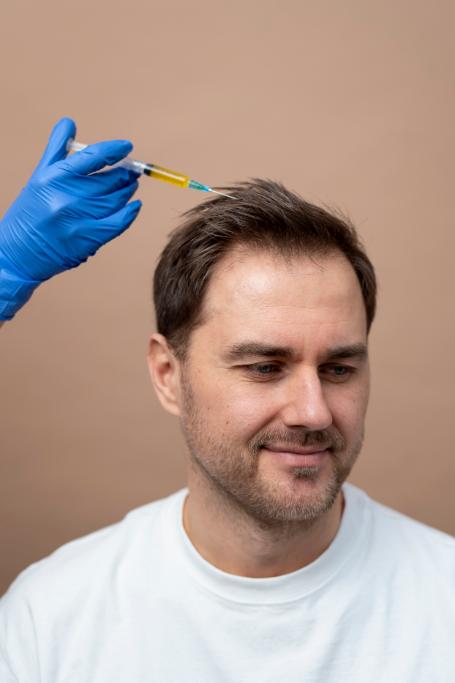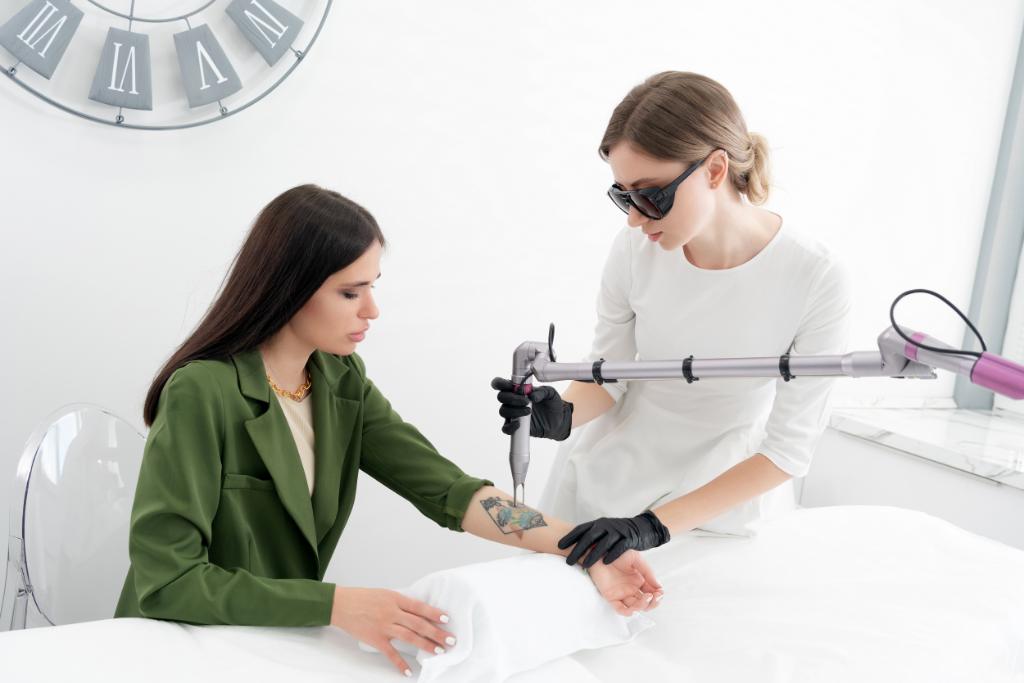In recent years, the abuse of topical steroids has become a major problem. When recommended by a trained dermatologist, these drugs can be quite helpful; nevertheless, misusing them can result in serious and often irreparable skin damage. Dermaconsult Clinic, known as the Top Skin & VD Clinic in Aurangabad, believes it is critical to educate patients about the risks of topical steroid usage and encourage safe skin care practices.
Understand Topical Steroids
Topical steroids, which are also called corticosteroids as per the best dermatologist in Aurangabad, act to reduce inflammation and suppress the immune response in the skin. Based on their strength, topical corticosteroids are classified-potent steroids range from those considered mild (e.g., hydrocortisone) to very strong (e.g., clobetasol propionate)-and typically, use for short periods of time under medical supervision is generally safe. However, prolonged or inappropriate use can result in serious side effects.
The Risks Associated with the Abuse of Topical Steroids
1. Skin Thinning and Atrophy
Skin thinning is one of the most common side effects of long-term use of steroids. There is fragility, and the skin will bruise more easily, tear more easily, and take longer to heal from wounds. This is especially in sensitive areas such as the face and neck.
2. Topical Steroid Addiction and Withdrawal (TSW)
Most patients that get in connection with the Top Skin & VD Clinic in Aurangabad, when they stop the intake of steroids, will complain that it makes their skin flare worse than before and hence continue to apply more steroids, creating this cycle of dependency. Other symptoms of withdrawal after long-term use include burning, intense itching, and redness in addition to swelling, which is termed red skin syndrome or TSW. Recovery takes months or years from this.
3. Skin Discoloration and Stretch Marks
Prolonged steroid application can lead to permanent skin discoloration, either making it lighter (hypopigmentation) or darker (hyperpigmentation). Stretch marks (striae) may also develop, especially in thin-skinned areas such as the armpits, groin, and inner thighs.
4. Increased Risk of Infections
Long-term application of steroids may lead to reduced immunity, making skin more vulnerable to bacterial, viral, and fungal infections. Impetigo, ringworm, and cold sores may flare up or have increased frequency.
5. Hormonal Disturbances
Heavily absorbed into the bloodstream, strong topical steroids can cause changes in the body’s natural levels of hormones. In severe cases, prolonged use has led to adrenal suppression that causes the body to stop producing cortisol, leading to fatigue, dizziness, and several systemic problems.
Avoiding the Misuse of Topical Steroids
1. Adhere to Medical Orders
The prior user, a healthcare professional, must prescribe topical steroids for the patient. Prolonging treatment beyond what is warranted should be discouraged; raising strength should not be done unless sanctioned by a healthcare practitioner.
2. Target the Affected Areas Only
Unforced application of steroids to the larger body surface increases absorption and untoward effects. Use only on the affected areas; avoid the sensitive areas such as the face and genitals unless specifically instructed to.
3. Think of Alternatives
Non-steroidal remedies such as moisturizers, antihistamines, and natural anti-inflammatory agents should be considered. Dietary changes, phototherapy, or stress-management options such as meditation and yoga have offered relief for some.
Conclusion
Topical steroids, as discussed by Top Skin & VD Clinic in Aurangabad, can be beneficial for various skin problems; however, if misused or overused, they can carry serious risks. Knowledge of the possible dangers, their careful utilization, and the availability of alternative treatments go a long way in protecting the skin and health. Should you suspect yourself of having become dependent on topical steroids, contact the best dermatologist in Aurangabad, at Dermaconsult Clinic for advice on safe withdrawal and alternative treatment strategies. Informed choices can keep your skin secure.


